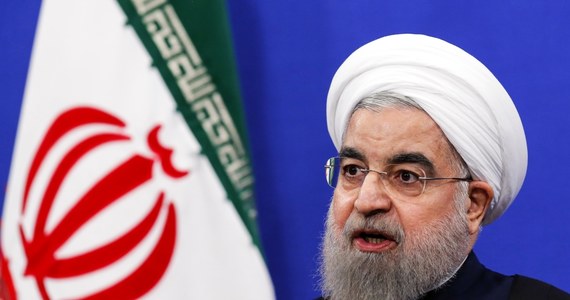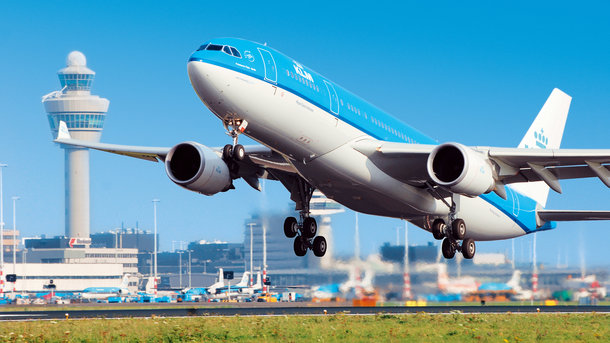Google спешно отозвал сотрудников из-за границы после указа Трампа
 Крупнейшая в мире IT-корпорация Google призвала своих сотрудников, которые находятся в заграничных поездках, вернуться в США из-за запрета президента США Дональда Трампа на въезд граждан из семи стран.
Крупнейшая в мире IT-корпорация Google призвала своих сотрудников, которые находятся в заграничных поездках, вернуться в США из-за запрета президента США Дональда Трампа на въезд граждан из семи стран.
Об этом сообщает BBC .
В компании агентству заявили, что обеспокоены любыми правилами и мерами, которые способны закрыть большим талантам доступ к США.
По данным агентства, Google отзывает около 100 своих сотрудников из-за рубежа, которые потенциально могут пострадать из-за запрета Трампа. Кроме того, компания Microsoft предупредила своих акционеров, что иммиграционные ограничения могут существенно повлиять на деятельность компании.
Как сообщал «Обозреватель», президент США Дональд Трамп подписал указ, согласно которому в стране временно приостановлен прием беженцев из Сирии. Кроме того, сроком на месяц запрещено выдавать визы гражданам Ирана, Ирака, Ливии, Сомали, Судана и Йемена.
Общество негативно реагирует на указы, которые подписывает Трамп и выходит на протесты. Среди тех, кто не разделяет мнение нового американского президента глава американской компании Facebook Марк Цукерберг, а также дочь бывшего президента США Малия Обама.
© Source: https://www.obozrevatel.com/abroad/02719-google-otozval-sotrudnikov-iz-za-granitsyi-posle-ukaza-trampa.htm
All rights are reserved and belongs to a source media.


 В польском Душники-Здруй завершилась женская гонка преследования чемпионата Европы по биатлону , где украинка Юлия Джима завоевала серебряную медаль. Об этом сообщает УНИАН.
В польском Душники-Здруй завершилась женская гонка преследования чемпионата Европы по биатлону , где украинка Юлия Джима завоевала серебряную медаль. Об этом сообщает УНИАН. 

 The Romantik Seehotel Jäegerwirt, a luxury hotel in Austria, has gone public with the news that it was recently the victim of an attack during which hackers took control of the electronic key card system that prevented guests from being able to enter or leave their rooms.
The Romantik Seehotel Jäegerwirt, a luxury hotel in Austria, has gone public with the news that it was recently the victim of an attack during which hackers took control of the electronic key card system that prevented guests from being able to enter or leave their rooms. 

 Німецька канцлерка та президент США дійшли згоди про необхідність «чесного внеску» всіх союзників у колективну безпеку.
Німецька канцлерка та президент США дійшли згоди про необхідність «чесного внеску» всіх союзників у колективну безпеку. 
 Iran oświadczył w sobotę, że zakaże obywatelom USA wjazdu do kraju w ramach kroków odwetowych po podpisaniu przez prezydenta Donalda Trumpa dekretu zakazującego przyznawania wiz obywatelom Iranu i sześciu innych, zamieszkanych głównie przez muzułmanów, krajów.
Iran oświadczył w sobotę, że zakaże obywatelom USA wjazdu do kraju w ramach kroków odwetowych po podpisaniu przez prezydenta Donalda Trumpa dekretu zakazującego przyznawania wiz obywatelom Iranu i sześciu innych, zamieszkanych głównie przez muzułmanów, krajów. 
 Ранее глава Белого Дома подписал два документа, направленные на ужесточение иммиграционной политики и пограничного контроля
Ранее глава Белого Дома подписал два документа, направленные на ужесточение иммиграционной политики и пограничного контроля 
 The legal maneuver follows an executive order issued by President Trump Friday calling for temporary visa restrictions on seven countries connected to radical Islamic terrorism.
The legal maneuver follows an executive order issued by President Trump Friday calling for temporary visa restrictions on seven countries connected to radical Islamic terrorism. 
 On Friday, US President Donald Trump signed an executive order introducing sweeping changes to some of the country’s border controls. The effects of these changes go beyond the suspension of all refugee admissions to the United States; they will also affect many of those lawfully living and/or working in the US — and that has presented immediate problems for multinational companies with global workforces, including many in the technology industry.
On Friday, US President Donald Trump signed an executive order introducing sweeping changes to some of the country’s border controls. The effects of these changes go beyond the suspension of all refugee admissions to the United States; they will also affect many of those lawfully living and/or working in the US — and that has presented immediate problems for multinational companies with global workforces, including many in the technology industry. 

